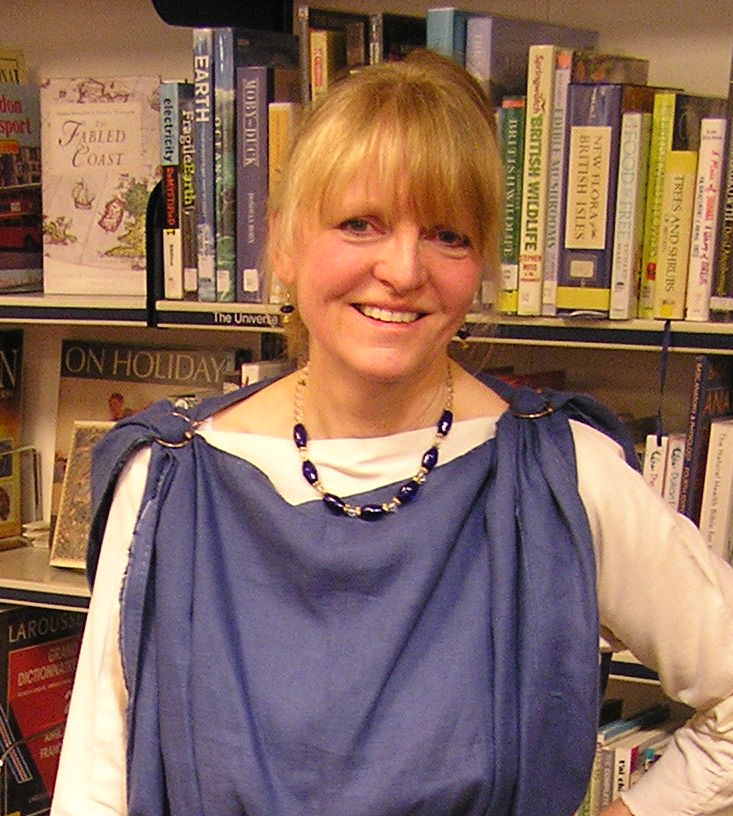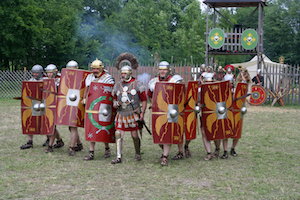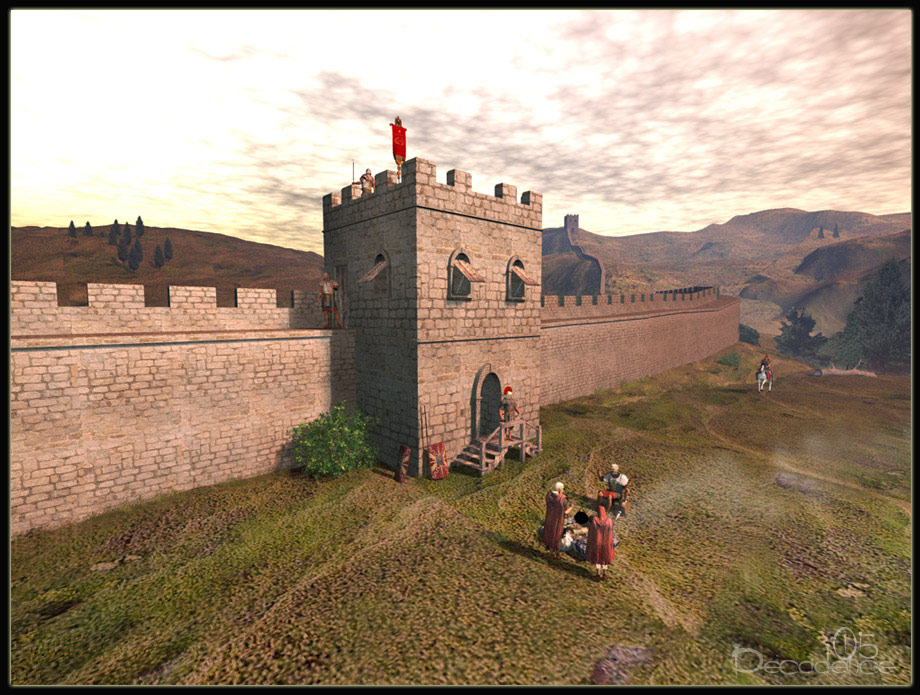The sixth adventure of Ruso and Tilla, he a Roman soldier and she a native; man and wife are they. Ruso is a medical doctor with the Roman Legion in Britain, and she a midwife. Ruso continues to be puzzled by the success of his friend Valens, who is bone-idle, no better medic than Ruso, and yet always gets the best posting, the fattest contract, the richest private patients. Tilla longs to reconnect with her family, most of whom died when she was a baby. In truth, they were killed in an uprising against the Romans.

Tilla tries, not very hard, to fit in as an army wife. Ruso tries, very hard, to accept her distant relatives. Despite all good intentions, each fails and the confusion, chaos, mayhem, ensues.
 Ruth Downie
Ruth Downie
The setting is the far north east of England along Hadrian’s Wall, the construction of which occupies every waking minute of the garrison that Ruso attends north of Newcastle-on-Tyne. Rumors that a murder victim’s corpse has been put into the wall spook everyone, Britons and Romans. The commanding officer’s only hope of promotion out of the bog – it rains sideways and every other way for months on end – is to meet the quota for his section of wall. He will not delay the work one hour, still less tear down what has been built to look for a body that may not be there. However, one legionnaire is missing, presumed AWOL.
 Map of Hadrian’s Wall
Map of Hadrian’s Wall
It gets worse. A native child goes missing. The only way to quell the rumors is to find the child and account for every man woman and child in the area. Moved to action, the Roman garrison searches in the way it knows how, with whip and torch.

The locals, including Tilla’s relatives, retaliate. The spiral begins anew. Wiser heads pause to find common ground, after all it is one each: a Roman soldier and a British boy.
Though Ruso is terrified of becoming involved, because of the boy, the Britons will skin him alive or because of the body in the wall, the Legate of the garrison will crucify him, forbidding as these prospects are, he fears more Tilla’s reaction if he refuses to help her relatives, find the boy, trace the AWOL soldier or capture his murderer, and not disrupt the wall-building schedule in the rain, rain, rain. Neither the Legate, nor the mob of Britons can match Tilla for inducing action in Ruso.

At the end, the Legate is impressed by Ruso, both as a medicus and a soldier, and offers him a private contract to accompany him to Rome. A private contract is real money, not the army wage! Rome! Where the sun shines. Where the food is…not British. Where the wine is not made from… Rome where there are galleries, theatres, … Tilla hates the idea for those reasons. She prefers the rain, singing to trees, eating roots, all of which she avers are good for Ruso. Somewhere along the way they seem to have lost a horse and acquired a new born baby. We will see.
This is a superb series. Everything works. The setting is distinctive and brought to life. The characters are differentiated and substantial, none is a one-dimensional plot device. Though most of them live up to expectations, among them are some who can be surprising, as when the ramrod stiff Legate strips off his armor and kneels to talk to a decrepit old Briton man-to-man, not Roman conqueror to beaten subject. It takes Ruso longer than usual to realize what he has just seen, and even longer to figure why it happened.
There is enough medical detail to satisfy those interested but not too much to lose the momentum of the plot. A surfeit of ‘blue herrings’ (per Hercule Poirot) keeps the action going.
Best of all, though, is the marriage of Ruso and Tilla, so different and so complementary. She is quick and impetuous, he is slow and immobile. He plans ahead and she ricochets from one thing to another. She quivers with sympathy for slaves, waifs, suffering animals, trees, pregnant women, and he tries very hard not to get involved unless it is in the contract. He follows the Stoic way slowly and often silently; she laughs, cries, sings dances to the phases of the moon and whenever else the mood takes her.
She seldom lives up to her own high standards, because she cannot do everything. He seldom manages to stick to the contract. In those gaps, that is where the fun is.
